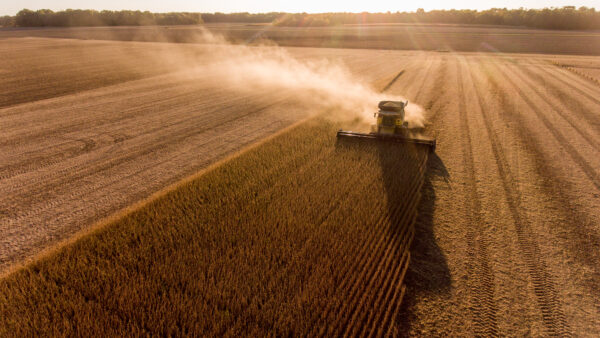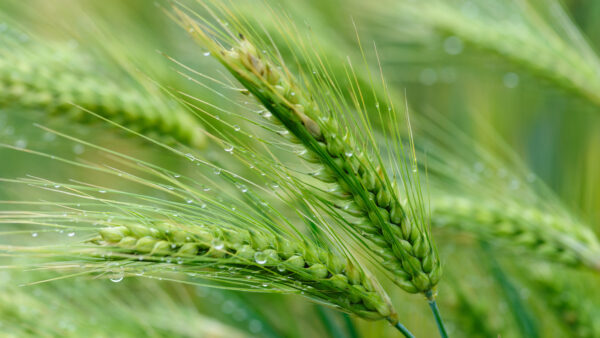Today (Jan. 16), KeyGene and Phenome Networks announced an agreement to establish a strategic partnership in the growing market of breeding and big data genomics software. In the collaboration, Phenome Networks provides a license to KeyGene to its plant breeding software (PhenomeOne) to support KeyGene’s breeding of rubber-producing dandelion plants. Simultaneously, KeyGene provides a license to Phenome Networks to use its CropPedia genomics platform for big data integration and analysis in rice.
“We have been very impressed by the capabilities of CropPedia,” says Yaniv Semel, co-founder and CEO of Phenome Networks. “This is a comprehensive solution for both visualization and analysis of genomic data. It complements well the genomic aspect of our breeding management solution — PhenomeOne. KeyGene is a well known and innovative company in the seed and breeding industry and we are honored to collaborate with them.”
Both parties will promote each other’s software during interactions with their business partners in the seed industry who are interested in breeding management and genome data integration and lead discovery.
In addition, Phenome Networks and KeyGene will explore joint development of novel software modules that will combine and expand the capabilities of PhenomeOne and CropPedia. This will enable seed companies to link traditional breeding to genomic data with state of the art lead discovery software, to accelerate and boost the precision of breeding.
“PhenomeOne is an impressive software solution to execute and manage plant breeding processes,” says Arjen van Tunen, CEO of KeyGene. “It is nicely complementary to our CropPedia. We have evaluated it extensively and concluded that this is the best system to manage our dandelion breeding program.
“The collaboration with Phenome Networks will enable both parties to combine and further develop their breakthrough software solutions that integrate traditional breeding with genomics. This is surely something our customers are looking for and that provide new tools to breed innovative, healthy and sustainable crop varieties that meet the future demands of our societies.”










